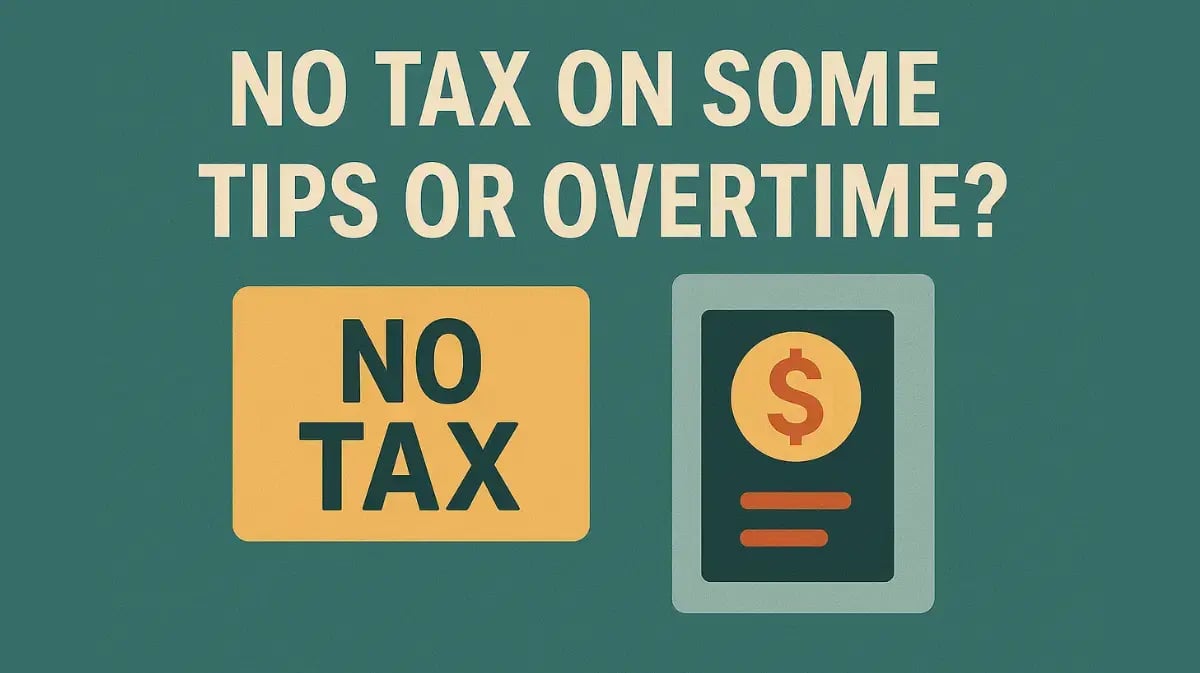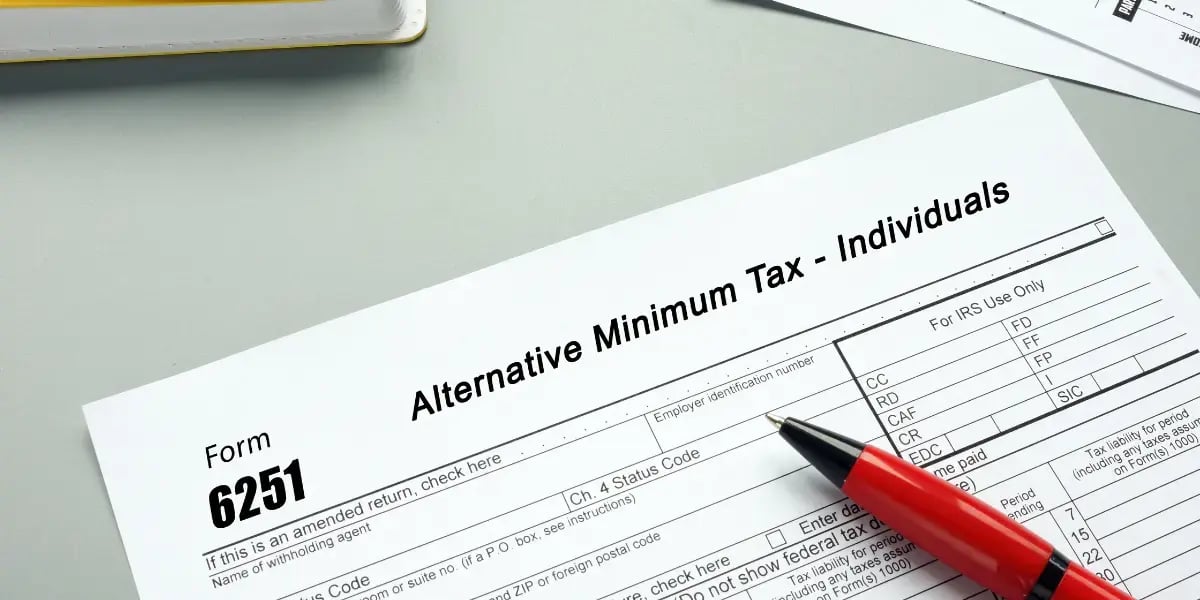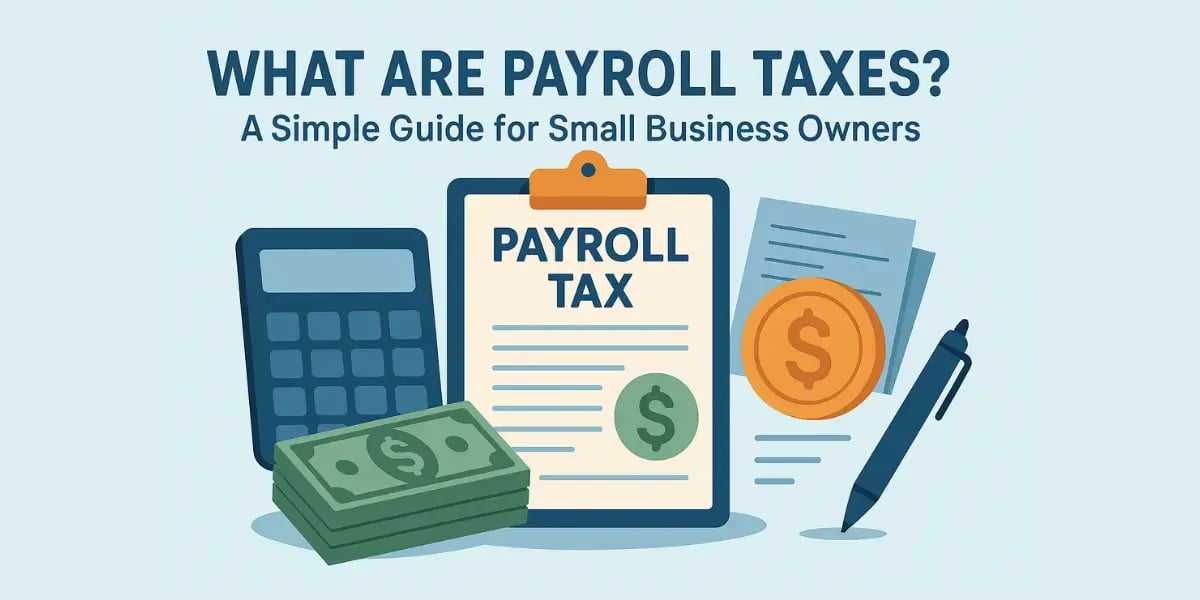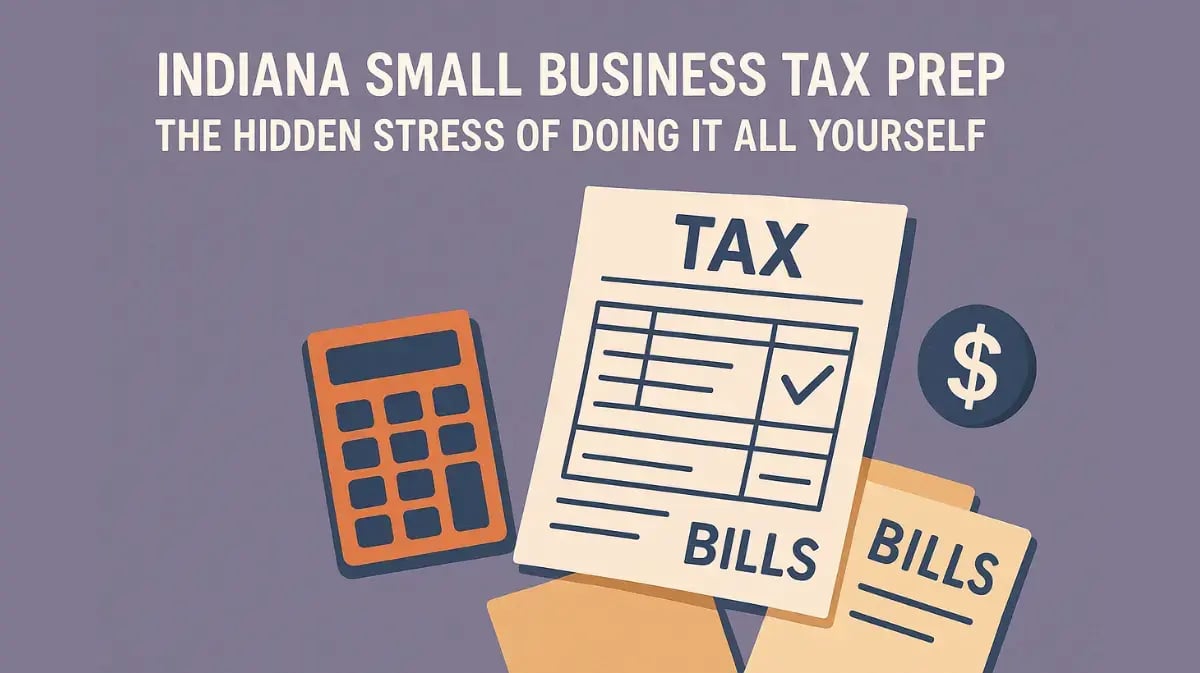No Tax on Some Tips or Overtime? What These New OBBB Rules Mean for Your Business
August 12th, 2025
5 min read

The One Big Beautiful Bill Act (OBBB) introduced a wave of tax code changes aimed at supporting small businesses, simplifying compliance, and boosting the economy. But if you own or manage a business that depends on tipped or hourly employees, two provisions, in particular, deserve your immediate attention: temporarily, tips and overtime pay may not be subject to federal income tax for employees.
That’s not just a nice perk — it’s a potential game-changer.
For industries like restaurants, salons, repair shops, and other service-based businesses, these tax breaks could make your compensation packages more competitive without adding to your payroll costs. That means a stronger edge in hiring, better retention, and happier employees who take home more of what they earn.
But there’s a catch: with every tax break comes a new set of responsibilities. These changes impact how you report wages, withhold taxes, and structure your payroll systems. Missing the details could cost you in penalties, headaches, or missed opportunities.
Let’s break it down.
What Changed for Tipped Workers?
If you employ tipped or hourly workers, the One Big Beautiful Bill Act introduces two temporary but potentially powerful tax benefits that could boost employee satisfaction and put more money in their pockets.
Here's a quick look at how these deductions work, who qualifies, and what you need to keep in mind to take advantage of them.
Tips Are Deductible (Up to a Limit)
Some cash tips can now be deducted from an employee’s federal taxable income, up to $25,000 per year. This groundbreaking change is designed to benefit employees in service industries where tipping is a significant component of their take-home pay.
However — and this is important — tips are still subject to payroll taxes, including FICA (Social Security and Medicare) and applicable state and local employment taxes. This means employers must continue to track and withhold those taxes on reported tips, even though the income may be excluded from federal taxable income.
This change could significantly increase take-home income for waitstaff, bartenders, hairstylists, massage therapists, and others in tipped positions, without requiring employers to raise wages or absorb new costs. It also reduces the tax burden on workers in roles that have historically relied on tips to make ends meet.
To qualify for this deduction, a few key rules apply:
- The tip must be voluntary and properly reported. Mandatory service charges (like automatic gratuities for large tables) do not count.
- The job must be in a field where tipping was customary before 2025, like restaurant servers, hairstylists, or massage therapists.
- The worker must have a valid Social Security Number and file a return on time.
This temporary deduction applies to tax years 2025 through 2028. After that, unless extended by Congress, the tax benefit will expire, so employees should plan to take advantage of it while it lasts.
Employers should be prepared to accurately track and report tips and help employees understand how this change can impact their pay and tax planning.
Some Overtime Pay Is Deductible, Too
The One Big Beautiful Bill Act also allows employees to deduct up to $12,500 in eligible overtime wages from their federal taxable income each year, or $25,000 for married couples filing jointly. This provision is designed to help hardworking employees retain a greater portion of their earnings when they exceed the standard 40-hour workweek.
However, there’s a key detail employers and employees need to understand.
Only the premium portion of overtime pay — the extra 0.5x paid above the regular hourly rate — is eligible for this deduction. In other words, it’s not the entire overtime payment (which is 1.5x) that’s deductible — just the amount paid in excess of the regular rate.
This deduction provides meaningful tax relief for industries where overtime is common, including manufacturing, construction, logistics, healthcare, and retail.
To qualify for the deduction, the following rules must be met:
- The overtime must be required under the Fair Labor Standards Act (i.e., time worked beyond 40 hours/week).
- Overtime wages must be reported on an official tax document, such as a W-2 (for employees) or a 1099 (for certain contractors).
- As with the tip deduction, the employee must have a valid Social Security Number and must file their tax return on time to claim the benefit.
This overtime tax break is also temporary and applies to tax years 2025 through 2028. After that, the deduction is scheduled to sunset unless extended by Congress.
For business owners, this means it's time to double-check how your payroll system tracks and reports overtime pay. Accurate record-keeping will be essential not only to help employees benefit from this deduction but also to stay compliant with IRS reporting requirements.
Who Benefits?
These new tax deductions are designed to help the individuals who keep small businesses running, especially in industries where tipping and overtime are common. While the direct benefit goes to employees, business owners will feel the ripple effects in recruiting, retention, and morale.
Here’s who stands to gain the most:
- Restaurant and hospitality workers: Servers, bartenders, hotel staff, and others who rely on tips and regularly work long shifts will likely see higher take-home pay and lower year-end tax bills.
- Salon professionals and spa staff: Hairdressers, estheticians, massage therapists, and others in personal care services, where tipping is customary, can keep more of their earnings without waiting for a raise.
- Construction, cleaning, and maintenance crews: In physically demanding fields where overtime is common, employees can benefit from reduced tax liability on those extra hours.
- Small business owners, indirectly, because:
- Workers take home more money without increasing payroll costs.
- Recruiting gets easier when take-home pay is more competitive.
- Turnover may decrease, especially in high-churn industries.
- There’s less pressure to raise wages just to help offset tax burdens.
For small business owners, this is a rare moment where tax policy can boost employee satisfaction without adding to your bottom-line costs, as long as your business is set up to report tips and overtime accurately.
What Employers Need to Know
While the tax breaks from the One Big Beautiful Bill Act benefit employees, employers have important responsibilities to make those savings possible and to stay compliant with new rules.
Here’s what you’ll need to do:
- Track tips accurately: Voluntary cash tips must be reported separately from service charges, or they won’t qualify for the deduction.
- Break out overtime pay: Overtime wages must be listed separately on pay stubs and tax forms to show eligibility for the deduction (premium portion only).
- Include occupation codes: Employers must add new occupation codes on W-2s and 1099s to identify eligible roles.
- Watch for IRS guidance: The IRS is expected to issue detailed instructions by late 2025, so keep an eye out for updates.
If you’re still using outdated payroll software or loose tip-tracking methods, now’s the time to get your systems in shape.
Income Limits & Eligibility
Not everyone will qualify for these new deductions as they’re aimed at middle and lower-income workers, and they phase out as income rises.
Here’s how it works:
- Phase-out thresholds:
- Begins at $150,000 for single filers
- Begins at $300,000 for joint filers
- Reduction formula: For every $1,000 over the threshold, the deduction is reduced by $100 until it’s gone entirely.
Other key rules:
- You must file your tax return on time and have a valid work-eligible Social Security Number.
- Tips and overtime can’t be double-counted or combined into a single deduction.
- These deductions apply only to individual tax returns, not to business filings.
If your employees fall near or above the income limits, it’s worth planning ahead so they can get the maximum benefit.
Turn Tax Breaks Into a Business Advantage
If you run a restaurant, salon, auto shop, or any business with hourly or tipped employees, the One Big Beautiful Bill Act delivers one of the most significant tax changes in years. But these benefits only work if your payroll and reporting systems are ready to handle them.
This legislation allows employees to keep more of what they earn and provides small business owners with a valuable chance to strengthen hiring, boost retention, and support their teams, all without increasing base wages.
That’s a win-win.
But with every new rule comes new responsibility. If your systems aren’t reliable or up to date, your employees could miss out on valuable deductions, or your business could attract unwanted IRS attention.
Let’s turn this tax change into a competitive edge — together. Schedule a call with us today.
Blog Disclaimer: Nothing in this post constitutes legal, tax, or financial advice and is intended for informational and educational purposes only. This informational and educational material is not intended, and must not be taken, as legal, tax, or financial advice on any particular set of facts or circumstances or as recommendations that are suitable for any specific person. You need to contact a lawyer, accountant, or financial adviser licensed in your jurisdiction for advice on your specific questions, issues, and concerns. View our full Terms of Use here.























